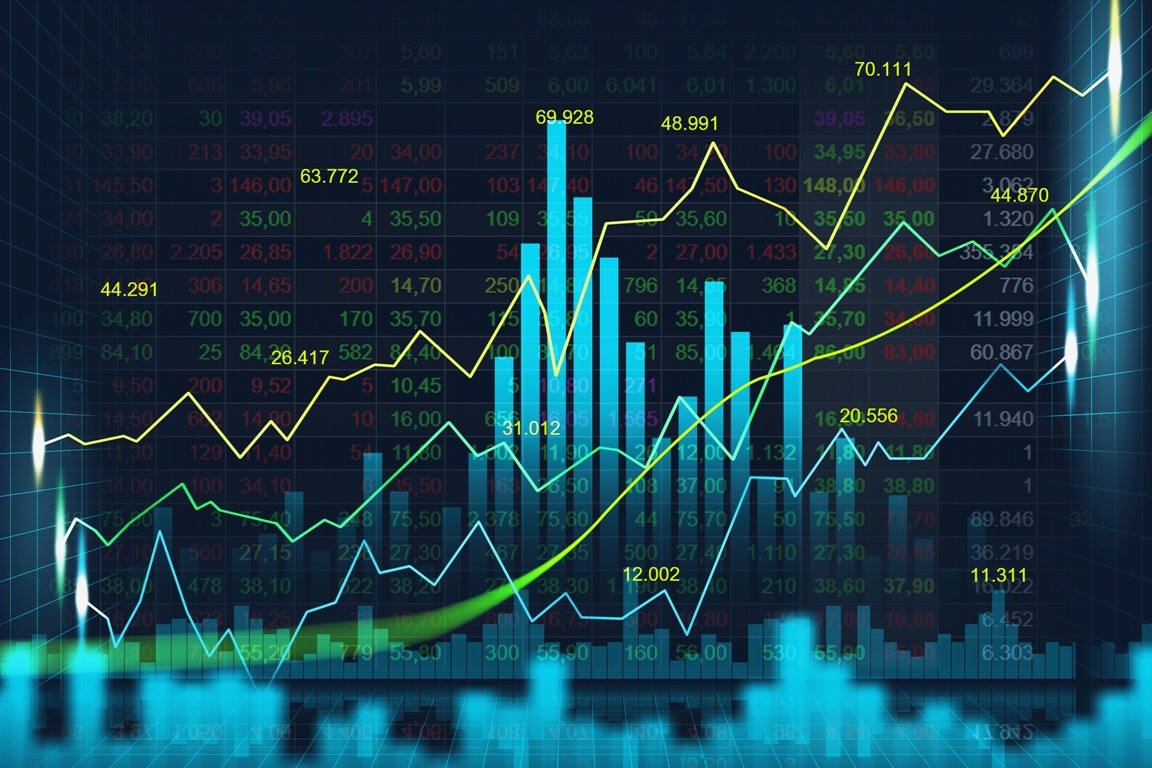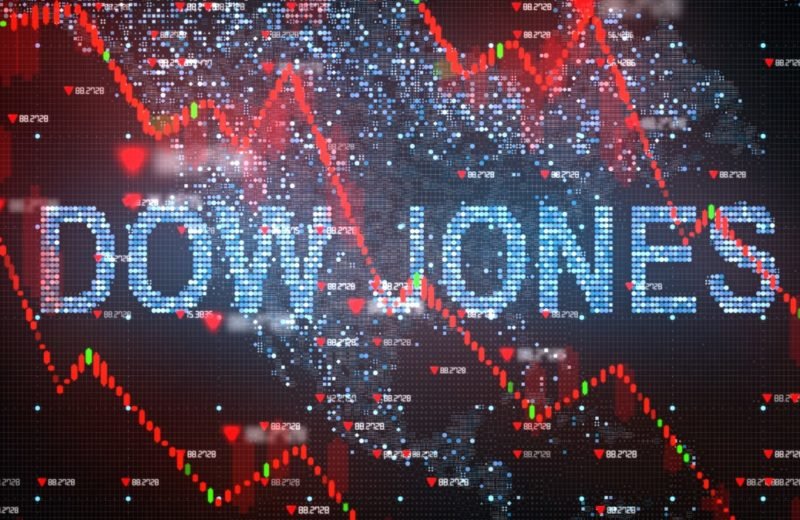Asia- Pacific markets lost steam Tuesday, with major indexes across the region erasing earlier gains, but oil prices continued to rise. Chinese mainland stocks rose as well.
The session came after a quiet day on Wall Street, with the US markets closed for a public holiday.
In Japan, the Nikkei 225 index fell 0.27 percent to 28,257.25, while the Topix index fell 0.42 percent to 1,978.38.
Japan’s central bank maintained its short-term interest rate target of -0.1 percent, in line with market expectations. It stated that it would purchase the necessary amount of Japanese government bonds to keep 10-year JGB yields around 0%.
The Bank of Japan also raised its short-term inflation forecast. For the fiscal year beginning in April, inflation was increased from 0.9 percent to 1.1 percent, up from 0.9 percent previously. Inflation expectations for fiscal 2023 raised from 1% to 1.1 percent.
Nonetheless, these figures remain below the central bank’s inflation target of 2%.
Indexes
The Hang Seng index in Hong Kong fell 0.43 percent to 24,112.78, while the Hang Seng Tech index fell 0.45 percent to 5,698.54.
The ASX 200 in Australia fell 0.11 percent to 7,408.80, while the heavily weighted financials subindex fell 0.29 percent.
The Kospi index in South Korea fell 0.89 percent to 2,864.24, while the Kosdaq fell 1.46 percent to 943.94. In India, the Nifty 50 retraced earlier losses and traded near flat in the afternoon, while the Sensex rose 0.12%.
The Shanghai Composite increased 0.8 percent to 3,569.91, while the Shenzhen component increased 0.19 percent to 14,391.39.
According to Tapas Strickland, director of economics and markets at the National Australia Bank, global interest rates continue to rise on faster central bank tightening expectations.
China Outlook
The previous session saw Asia markets react mutedly to official data from China, which showed that the world’s second-largest economy grew faster than expected between October and December.
Strickland noted that China’s economic outlook is much more uncertain and that the country’s zero-COVID policy is dragging on the economy. Add to that the lost momentum due to problems in the property sector.
Currencies and Oil
The US dollar rose 0.04 percent to 95.297 against a basket of peers in the currency market, rising from levels below 95.00 the previous week and recovering from a session low of 95.129.
The Japanese yen traded at 114.83, down from 114.43 earlier in the day. The Australian dollar lost ground, falling 0.12% to $0.7201.
During Asian trading hours, oil prices rose sharply, with US crude rising 2.05 percent to $85.54 per barrel and global benchmark Brent rising 1.62 percent to $87.88.
The Organization of Petroleum Exporting Countries, or OPEC, releases its monthly oil market report on Tuesday. Traders will be looking for signs that the surge in COVID cases worldwide has affected global oil demand.















